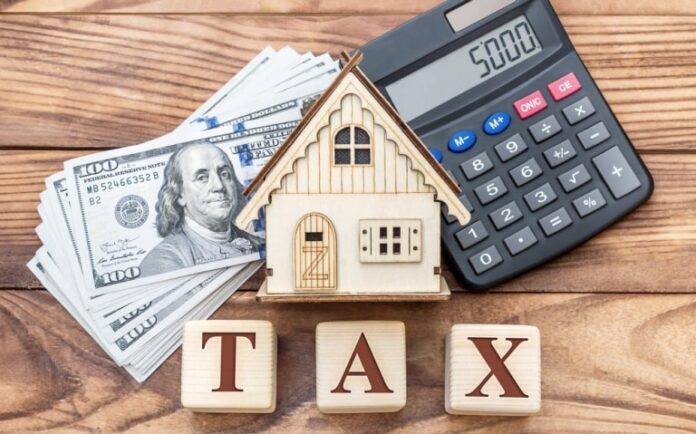According to research, only 43% of non-retired adults anticipate they will have a financially secured retirement, disclosing the increased concern about this stage in life. In an era of financial uncertainties, many put ensuring a comfortable retirement at the very top of the list.
Homeowners are turning to reverse mortgages as a viable financial strategy in their quest to gain tranquility in later years. This special loan package allows seniors to convert part of their home equity into cash, without the obligation to sell off their homes; a light at the end of the tunnel for them to better upsurge their retirement lifestyle.
Understanding reverse mortgages can help the homeowner plan retirement with more confidence and clarity in how it will interact with tax obligations, potentially opening just that kind of door into a new possibility for financial comfort during the golden years of life.
Reverse Mortgage Basics
A reverse mortgage is a loan that enables senior homeowners to convert their home equity into cash. Unlike traditional mortgages where the payments are done by the homeowner to the lender, a reverse mortgage loan allows the homeowner to receive the payments in the form of monthly payments, a lump sum, or a line of credit.
The loan is normally paid back when the home is sold or when the borrower dies. A reverse mortgage could be a federally insured home equity conversion mortgage (HECM), a proprietary reverse mortgage that is provided by private entities, and a single-purpose reverse mortgage that is offered by some state and local government agencies.
Tax Implications of Reverse Mortgages
There are crucial things that homeowners should know about taxation. The first relates to the fact that the Internal Revenue Service (IRS) considers proceeds from a reverse mortgage not to be constituting taxable income.
This stand is based on the fact that essentially, the money they get is from an advance of a loan rather than income. In this regard, the recipients are not required to report these amounts in their tax returns.
Reverse mortgages also present certain considerations, unique in the realm of estate and gift taxes. Reverse mortgages offer a potentially complex situation as to an estate’s value, and situations facing those who inherit such property, regarding taxation.
When a homeowner decides to give part of the proceeds from a reverse mortgage loan to family members, this might impact their gift tax.
Property Taxes and Reverse Mortgages
An essential aspect of maintaining a reverse mortgage is the borrower’s obligation to continue paying property taxes. Failure in this could potentially entail default and ultimately be subjected to foreclosure.
It thus becomes the responsibility of a homeowner to make sure that they are paid on time so as not to sabotage the reverse mortgage agreement.
Reverse Mortgages and Deductibles
The greatest question in the minds of those holding a reverse mortgage is on interest deductible. The interest that builds up on a reverse mortgage is not deductible on annual tax returns as long as the borrower lives in their home.
The interest can only be deductible when paid, usually at the termination of the loan, which normally takes place once the home has been sold or in case the original borrower dies. Additionally, the borrowing individual’s tax situation might allow mortgage insurance premiums paid on reverse mortgages to be deducted.
Reverse Mortgages and Government Benefits
The homeowner must understand how a reverse mortgage can change their status for such federal aid programs. Because the proceeds from a reverse mortgage are non-taxable income, they do not usually affect social security or medicare benefits.
However, if the sums received by a homeowner through a reverse mortgage increase these liquid assets above certain levels, this can impinge eligibility for Medicaid or supplemental security income (SSI).
Planning Considerations
Determining the tax implications of taking out a reverse mortgage takes plenty of forethought and planning. Homeowners should consider the benefits of the reverse mortgage to their specific tax capabilities and possible implications on the estate.
Therefore, consulting a financial advisor or a tax professional can be useful in order to comprehend the implications and prepare a plan that best suits their financial goals.
Final Thoughts
While providing a financial lifeline for many seniors, reverse mortgages allow for the leveraging of home equity either to carry on their day-to-day activities or to meet various other needs. The financing arrangement comes with several tax implications that are multi-faceted and need to be clearly understood.
By gaining an understanding of these subtler grips on how reverse mortgages interact with income, estate, and property taxes, including deductions and eligibility for government programs, homeowners can make a more informed choice.
Seeking advice from financial and tax professionals can further ensure that these decisions align with their overall financial strategy, securing their financial well-being in their later years.
